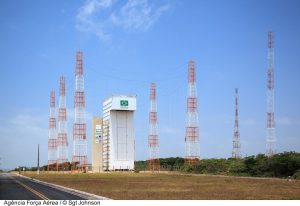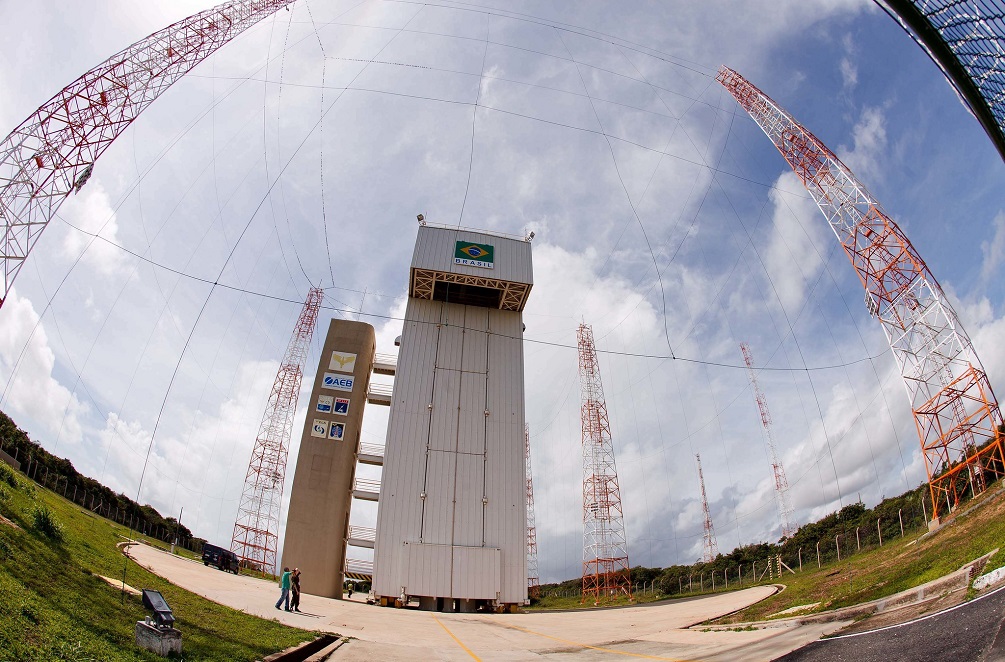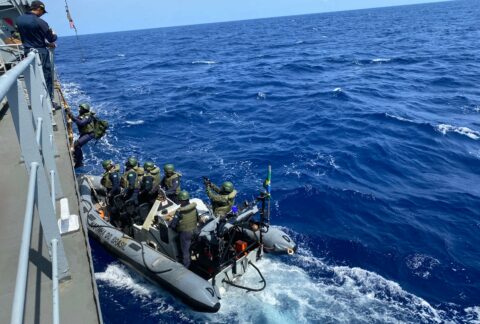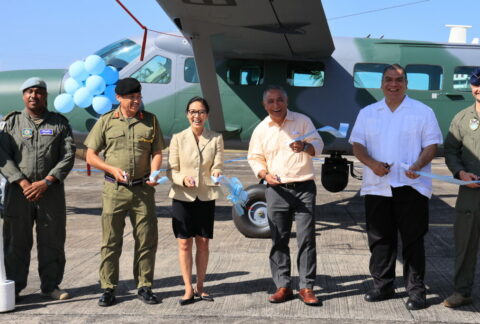The technology safeguards agreement allows for the launch of rockets and satellites that use U.S. technology out of the Brazilian base.
Brazilian President Jair Bolsonaro signed a technology safeguards agreement (TSA) with the United States, during a visit to U.S. President Donald Trump in March 2019. On November 20, the Brazilian House of Representatives and the Senate ratified the agreement, which allows for the commercial use of the Alcântara Launch Center (CLA, in Portuguese).
The TSA represents a commitment between countries to guarantee the protection of their technologies and patents against unauthorized use or copy. This commitment is customary among countries that operate space launch centers.
According to Brazilian Air Force (FAB, in Portuguese) General Carlos de Almeida Baptista Júnior, Chief of Joint Operations of the Ministry of Defense (MD, in Portuguese), TSA is the required step to get U.S. approval for the launch out of CLA of rockets and satellites from Brazil and other countries that use or transport U.S. equipment or systems.
“Considering that the majority of rocket launchers and satellites have systems or components from the United States, the importance of the TSA is clear to enable commercial operations at CLA,” said Gen. Baptista Júnior. TSA doesn’t grant permission to launch missiles or weapons, it only handles matters of peaceful purposes.

The Brazilian Ministry of Science, Technology, Innovations, and Communications (MCTIC, in Portuguese) issued a press release to highlight the commercial benefits of Brazil’s inclusion in the global space industry. “The sector has been continuously growing and it will increase from the current $350 billion a year to reach $1 trillion a year by 2040. Brazil can join this market, even with the conservative business goal of occupying 1 percent of the global space volume ($10 billion a year, from 2040),” said MCTIC.
According to MCTIC, the commercial use of CLA will benefit surrounding areas and the local population through the immediate boost in social and economic development. “This is an important step for the development of the Brazilian Space Program, in the Alcântara region and in Brazil, attracting more investments, the development of a high added value supply chain, the promotion of economic activities to support launching services, the boost of the service sector, including tourism, and the increase of taxes collected in that region of the country.”
Operationalization
Gen. Baptista Júnior said that the commercial launches that took place at the center, with the participation of foreign governments or companies, won’t impact operations at CLA by FAB, which controls the center. “The TSA doesn’t imply the permanent use of CLA by the U.S. government. What will happen is that foreign companies will coordinate the use of some areas of the center to conduct activities in preparation for launches,” he said.
MD’s chief of Joint Operations said that the commercial use of CLA doesn’t affect Brazil’s strategic safety. “The presence of foreign experts at CLA will take place only during short periods, limited to launching campaigns. In addition, they will follow safety procedures as prescribed by the TSA and the national regulations for the entry of foreign experts in Brazilian military organizations.”
The next steps following the enactment of the TSA will be to finalize the bill for space activities and to define the business model for future commercial agreements with companies interested in conducting space activities out of Alcântara.









